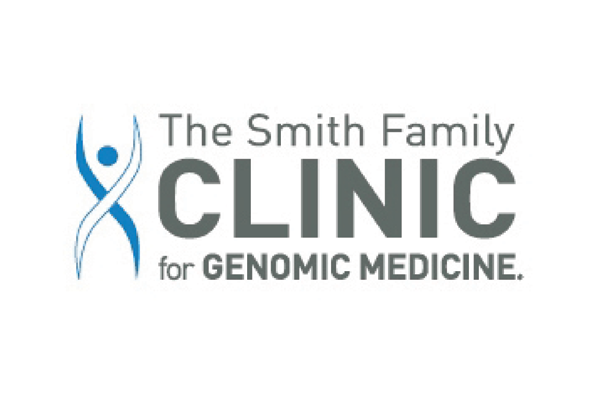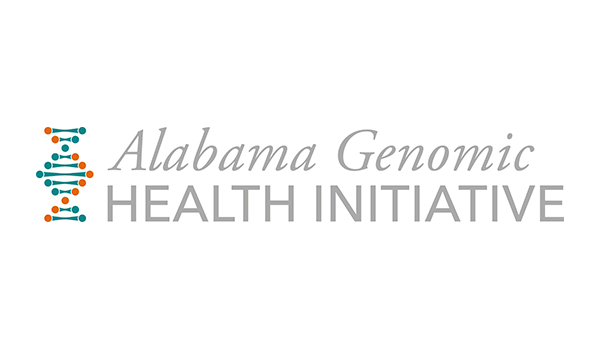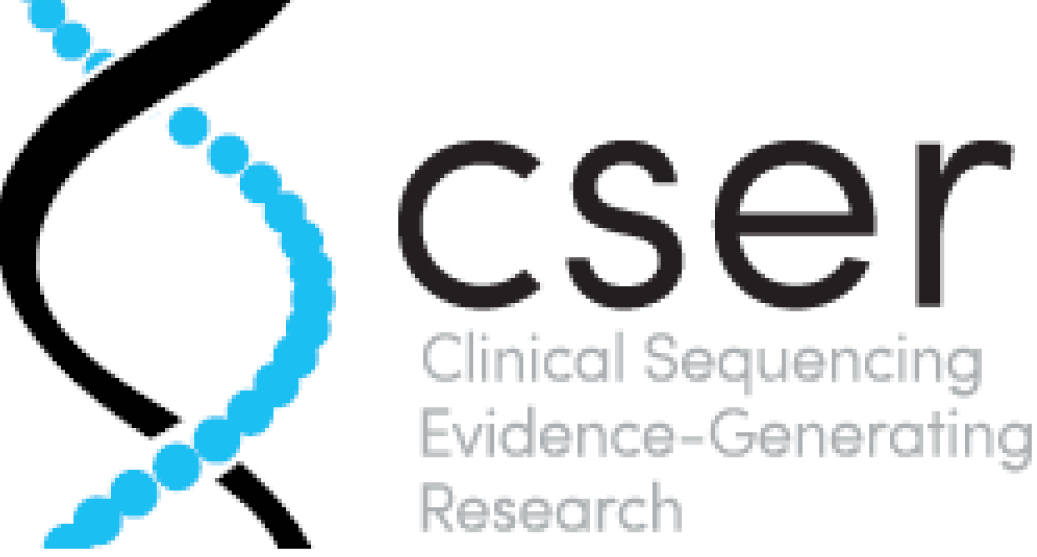Genetic testing can provide insights into disease risks and potential interventions, help individuals make more informed health decisions, and even target therapies that lead to better health outcomes. As genomic data becomes more integrated into health care and clinical decision making, there is a growing need for trusted collaborators to help guide everyone through the complexities of genomic health.

The HudsonAlpha Center for Genomic Health was formed to make precision medicine accessible to everyone. Our internationally recognized researchers, clinicians, analysts and informaticians give medical providers the means to help develop targeted treatment and prevention plans. We can provide you with the support you need to make precision medicine accessible to everyone. Health systems, self-insured employers and other population groups are already relying on the Center to bring the power of genomics to their groups.
Precision medicine services for patients
The Center for Genomic Health is using the power of genomic medicine to deliver innovative solutions to individuals, health systems, physician networks, and more. We are continually refining and improving our genomic tests and tools to bring about proactive ways to detect disease. Improved health outcomes and pharmacogenomics solutions are just a few of the ways we are helping improve the quality of life for patients.
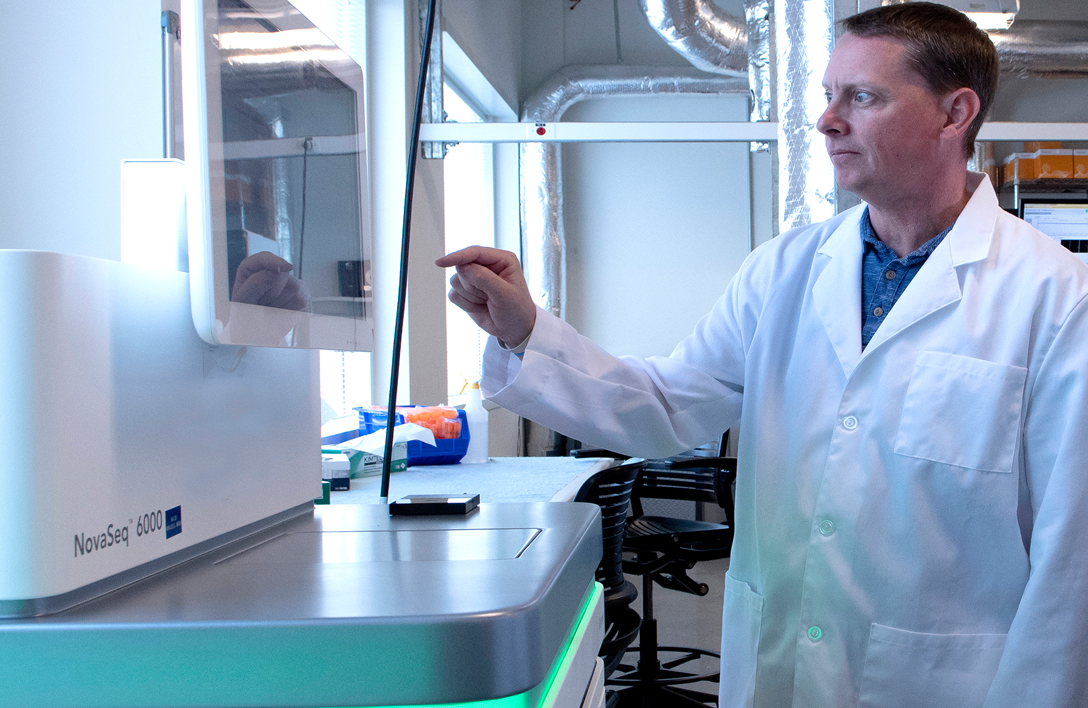
Clinical whole genome sequencing is designed to determine the entire genetic makeup of an individual by sequencing all of their DNA. Some changes in DNA sequence impact the development of symptoms and disease. Armed with this information, physicians can make diagnoses and choose appropriate treatments for patients.

There are currently 73 genes that the ACMG recognizes as being associated with either a hereditary form of cardiovascular disease or cancer risk. An individual who has a change in one of these genes can work with their healthcare provider to make a plan for reducing disease risk through medical and lifestyle changes.

Genetic testing for cardiovascular diseases may help patients and their families make well-informed decisions about managing their heart health. Cardiovascular conditions that are believed to have an inherited genetic component include cardiomyopathies, arrhythmias, and familial hypercholesterolemia.

Cancer genetic testing looks for inherited gene mutations that might put a person at a higher risk of getting certain kinds of cancer. Information about your cancer risk can help inform early screening and prevention steps. Genetic screening of tumors can also improve patient outcomes by informing physicians of the appropriate treatment for that specific tumor.

Pharmacogenomic testing provides information about many different genes and how they impact your body’s response to over one hundred drugs. For example, DNA variants can show that you need a higher or lower dose of a certain drug or that a different drug should be used instead. Pharmacogenomic testing can help healthcare providers make more informed decisions about your medications.

Any adult may elect to have their whole genome sequenced to gain a better understanding of current medical problems, gain information about future disease risk to guide preventative healthcare decisions, fill in gaps in family history, or provide information to relatives and future generations.
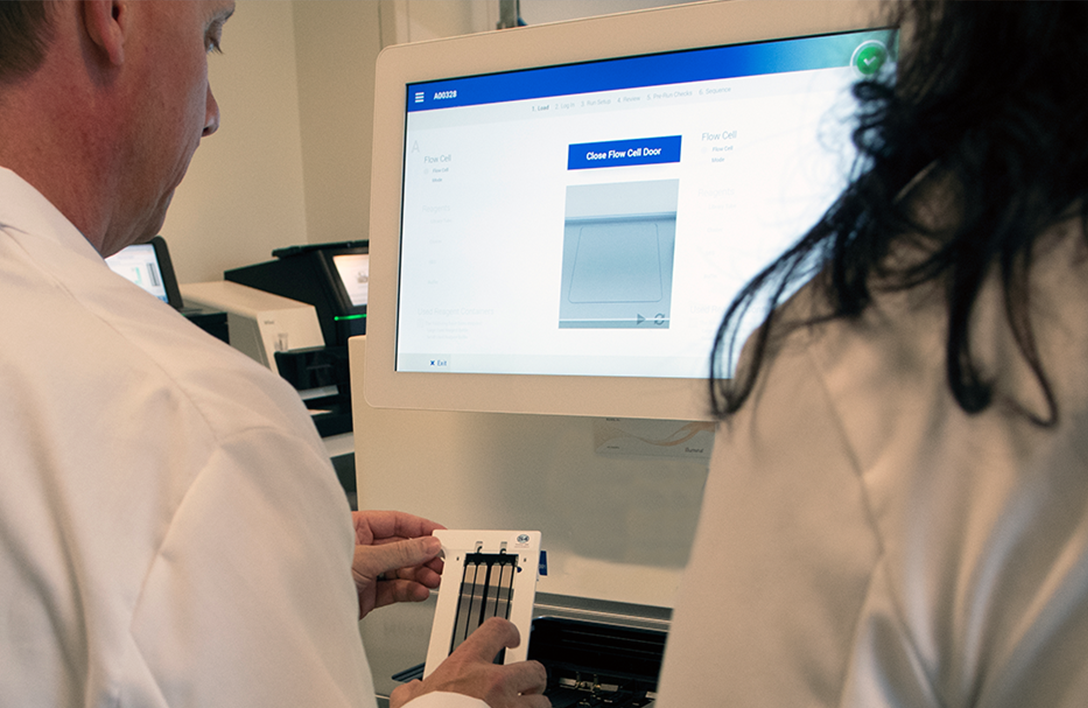
Genomic Testing
Clinical genome sequencing could benefit patients whose clinical presentations have defied diagnosis, or for whom a diagnosis doesn’t completely “fit” the symptoms or manifestation of the disease, and for which the cause appears genetic in origin. These patients will typically have seen a number of specialists and current therapies are unsuccessful in alleviating symptoms or providing a significant improvement in health.
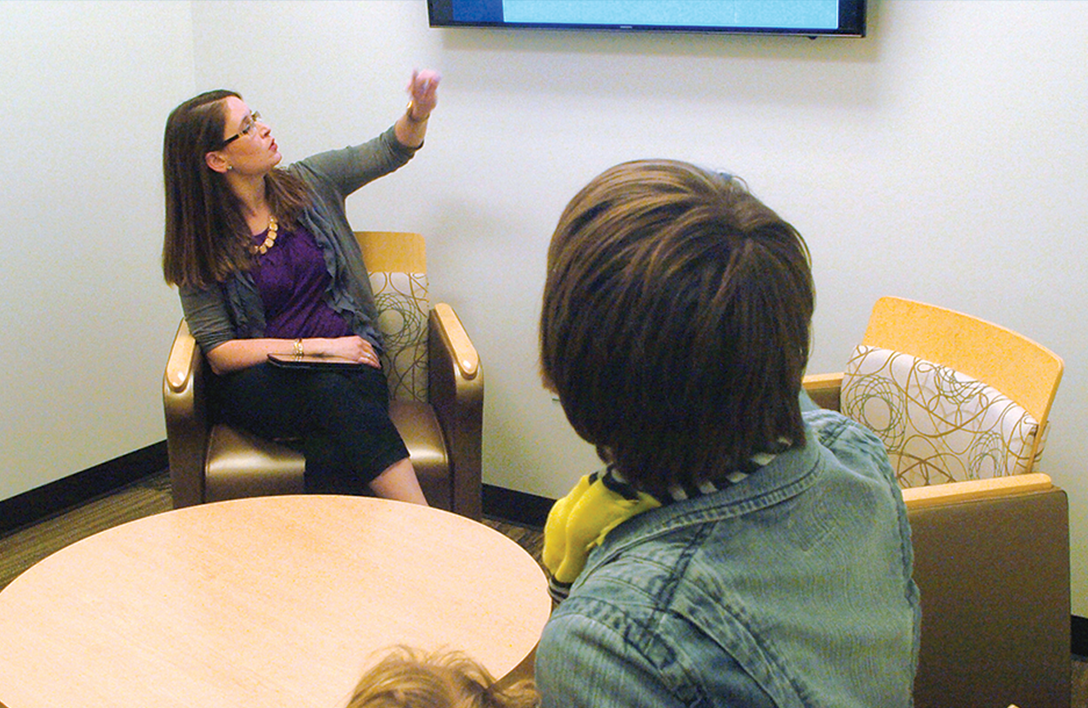
Genetic Counseling
Genetic counseling is the process of helping individuals understand how genetic information relates to human health and disease risk. HudsonAlpha’s genetic counselors provide a critical service to individuals and families undergoing genetic testing by investigating the family history and interpreting the information gathered from both risk assessments and the genetic testing process itself.
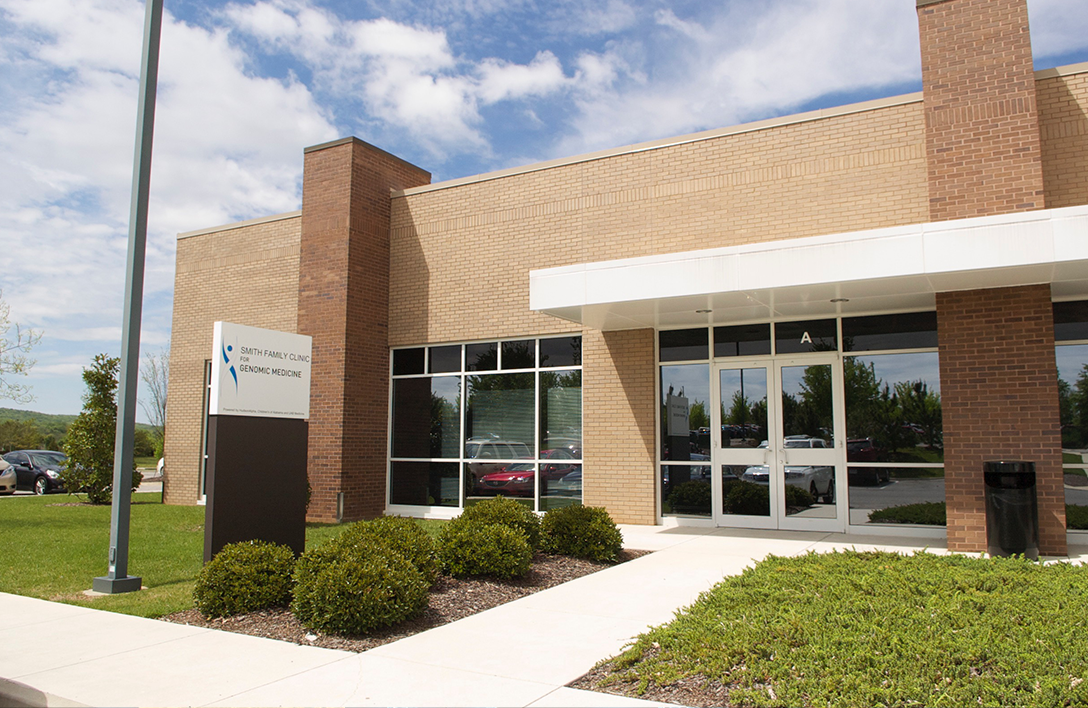
Rare and Undiagnosed Disease Clinic
The Smith Family Clinic for Genomic Medicine, LLC., was established to diagnose patients with undiagnosed and misdiagnosed diseases. Patients or participants may have a medical condition that has eluded diagnosis despite considerable effort, and you believe that this condition may have an underlying genetic cause. In some cases, genetic testing may be a useful tool to find the answer.
Clinical and Community Research Programs
Information is Power Initiative
HudsonAlpha established the Information is Power initiative to help the more than 30,000 Alabama men and women who will be diagnosed with cancer each year. The simple saliva test screens for the well-known BRCA1 and BRCA2 genes, as well as several dozen other genes linked to breast, ovarian, colon, prostate, pancreatic, and other cancers.
Alabama Genomic Health Initiative-AGHI
The Alabama Genomic Health Initiative (AGHI) is a partnership between HudsonAlpha and UAB-Medicine to provide genomic testing, interpretation, and counseling free of charge to residents in each of Alabama’s 67 counties. The AGHI also includes a major focus on research, through which data from test results will be used to advance scientific understanding of the role that genes play in health and disease.
SouthSeq, BabySeq & CSER
SouthSeq is a NIH-funded research study looking at how a new kind of genetic test, called whole genome sequencing, can be used to try to find the reason for medical problems among newborns in a neonatal intensive care unit (NICU).
BabySeq seeks to implement whole genome sequencing as routine screening in a diverse cohort of healthy infants
The Clinical Sequencing Exploratory Research (CSER) program is a consortium of many minds working together to advance human health through the science and study of genomics. Formed by the National Human Genome Research Institute (NHGRI) and the National Cancer Institute (NCI), CSER brings together scientists, scholars, ethicists, clinicians, bioinformaticians, and patients to drive projects that innovate how genomic sequencing is applied in clinical care.
HudsonAlpha Institute for Biotechnology
CENTER FOR GENOMIC HEALTH
601 Genome Way
Huntsville, AL 35806
Copyright © 2021 HudsonAlpha Center for Genomic Health




